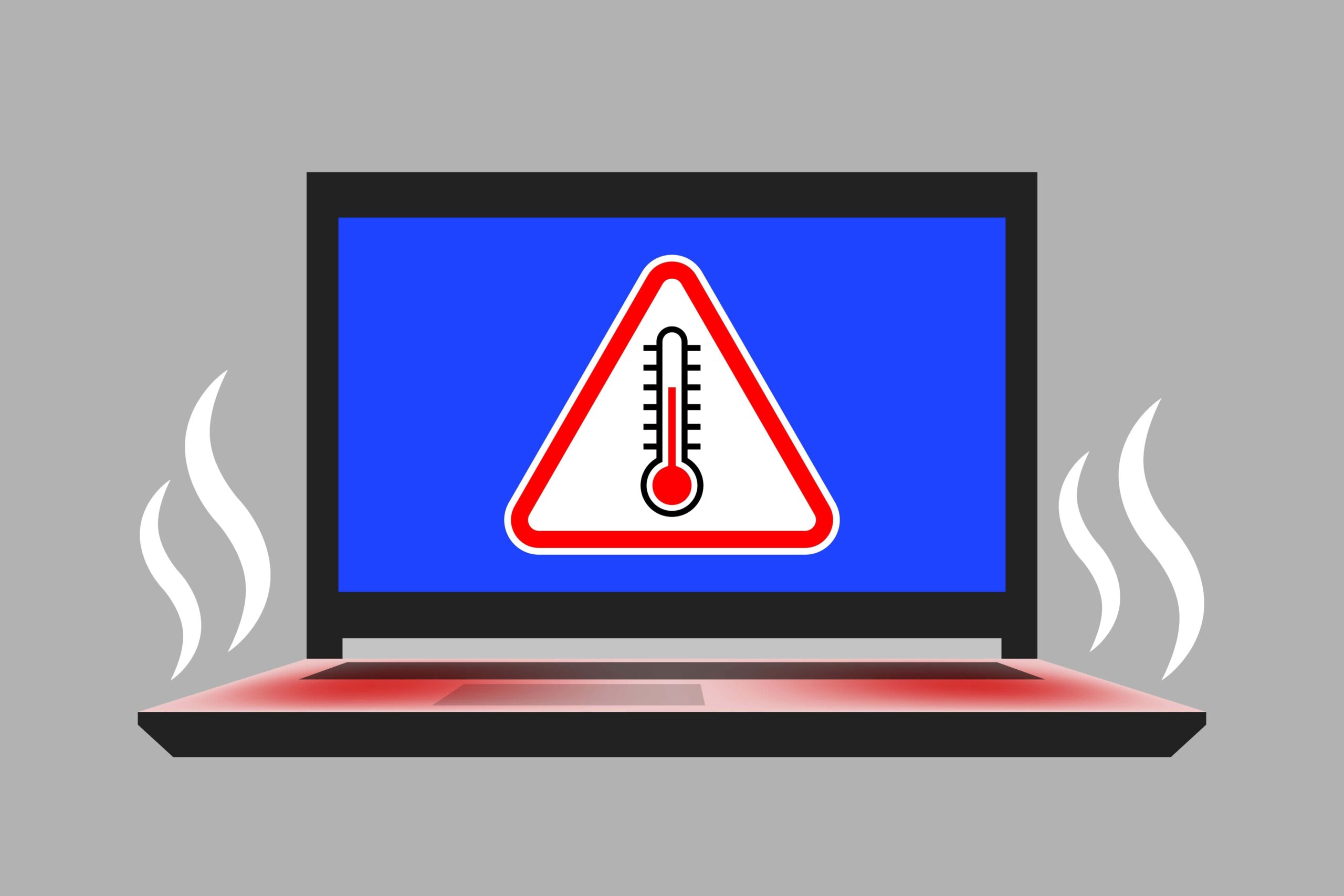With support solutions for the home and office, My Computer Works is here to help you get back to your life.
Keep Your PC From Overheating With These Tips

When computers are in use, they are working — meaning, systems are running and doing their best to perform in the way a user is asking them to. Sometimes, just like people who are working too hard or are working in challenging environments, computers overheat.
It’s common and expected for computers, either laptops or desktops, to get warm when they are being used. But, hot is not normal. And, that type of heat could actually damage internal components in ways that aren’t able to be repaired.
Overheating can damage the motherboard of a computer, it can cause hardware failures and it can cause a computer to habitually shut down. In addition, a computer that overheats on a consistent basis may have a shorter lifespan than one that doesn’t overheat.
For those reasons and more, it makes sense to understand when your computer is overheating, why it is overheating and how to avoid it in the future.
Computers overheat for a variety of reasons, but most often it could be because of dust build-up on the fans and air vents. For that reason, computer users are encouraged to dust their air vents from time to time. And, it helps to keep a clean workspace, free of pet hair, excessive dust and things that clutter the area — potentially blocking necessary airflow for the computer.
In addition, computers might overheat from processing, outdated software, viruses or malware, applications that have become unresponsive or too many programs or applications running at the same time.
So, how do you know when your computer is starting to overheat?
The first clue is a computer that is increasingly hot to the touch. Less obvious symptoms may include unprompted shutdowns. Computers that overheat will often shut down to avoid incurring damage, so when a computer spontaneously shuts down it is an indicator that the processing had elevated its temperature to precarious levels.
Another clue is the computer’s fan. When it starts whirring, spinning faster and faster, and becoming louder — that is an indicator that the computer is either overheating or will soon.
If a computer overheats, it’s helpful to know how to respond.
Experts suggest computer users to start with cleaning. Removing dust and dirt from a PC’s air vents can help with temperature management and improve speed and performance. Then, look at ways to improve airflow.
The best way to keep air flowing at an optimal level, to help a computer avoid overheating, is to work on a hard surface. Computer users who place their devices on pillows, beds or couches to work will block the air vents and increase the likelihood of overheating. Hard surfaces allow the air vents to work best, keeping a computer properly cooled.
It’s also helpful to check a computer’s fan for functionality. If a fan isn’t working properly, it could be the reason a computer is overheating.
Finally, make sure all programs that aren’t in use are closed and shut down. A computer may also require a hard shut down, and extended rest, before starting fresh.
Contact us to learn more about how our computer experts can offer you ongoing support for any issues you’re experiencing!

